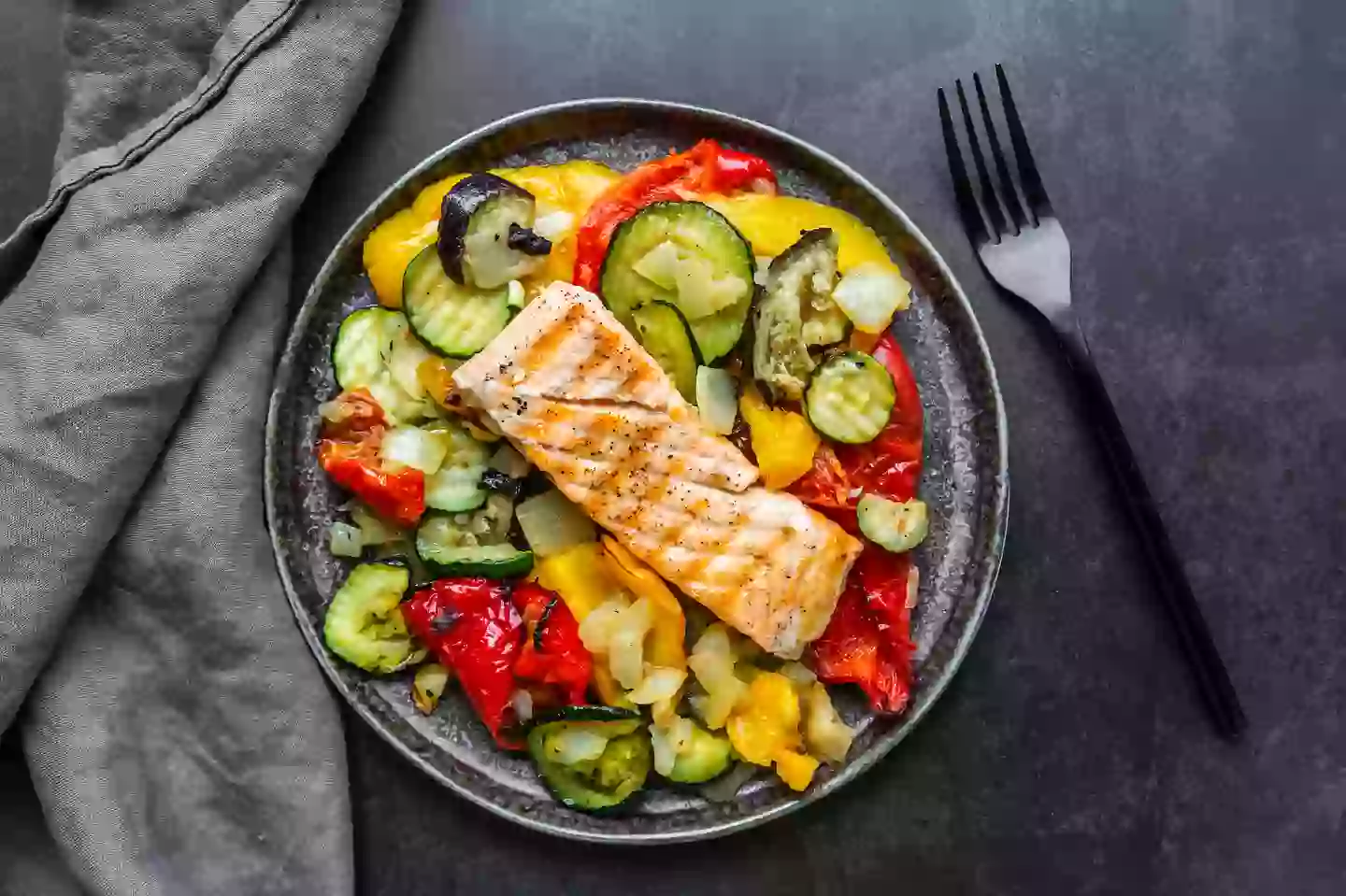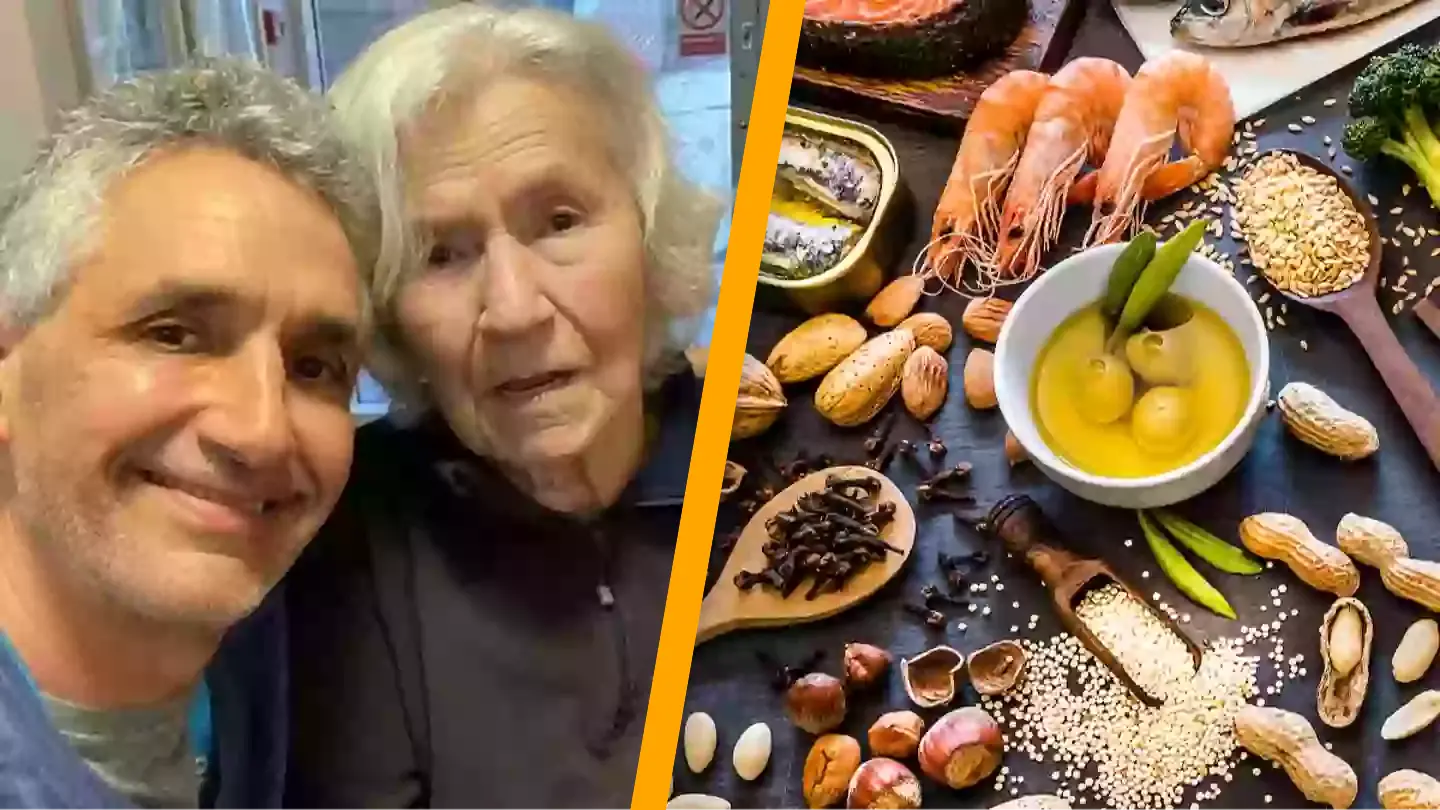A specialist has pointed out the dietary choices he makes to ward off dementia, especially following his mother’s heartbreaking diagnosis.
Dr. Tim Spector, a British medical doctor and professor, has recently shared how he is proactively working to avoid developing dementia himself.
In an opinion piece for the Telegraph earlier this week, he discussed the illness and its personal impact on him.
He revealed that his 85-year-old mother no longer recognizes him, prompting him to reevaluate his understanding of the condition.
Spector mentioned that mounting evidence suggests people can postpone or even prevent dementia by altering their diet.
He also challenged the notion that minor lifestyle changes currently believed to help prevent dementia are effective.
He wrote: “It’s not about doing crossword puzzles and Sudoku, walking the dog and keeping your fingers crossed.

“Research over the last few years suggests that inflammation in the brain, which can silently persist at low levels for years, is a key driver of the memory-robbing condition, and that it can be a result of a poor diet that contains lots of ultra-processed, high-sugar and high-fat foods.
“We also know that certain foods can reduce inflammation and therefore keep our brains in a good condition for longer.”
Discussing his diet, he shared that he now includes more nuts and seeds because of their anti-inflammatory benefits, which can encourage gut microbes to produce chemicals that interact with the immune system to lower brain inflammation.
He also highlighted that these foods are rich sources of omega-3, which is why he incorporates more fish into his diet.
He suggested remembering ‘SMASH’ for fish choices: salmon, mackerel, anchovies, sardines, and herring.

He did point out that shellfish can be beneficial too, particularly mussels and clams, noting their sustainability.
Additionally, he strives to consume 30 different plants each week to boost his gut microbiome.
He explained: “When you have a rich variety of plants in your diet, they calm everything down in the brain. They’re also rich in minerals and nutrients that the brain needs.
“As you get older, it can seem difficult to incorporate new foods into your diet. But just like stretching your brain is important, stretching your gut microbes and learning to enjoy new foods is also key.”
Furthermore, he stressed the significance of reducing sugar and ultra-processed foods, and mentioned that he reserves alcohol for social occasions, considering a drink or two with friends to be acceptable.

